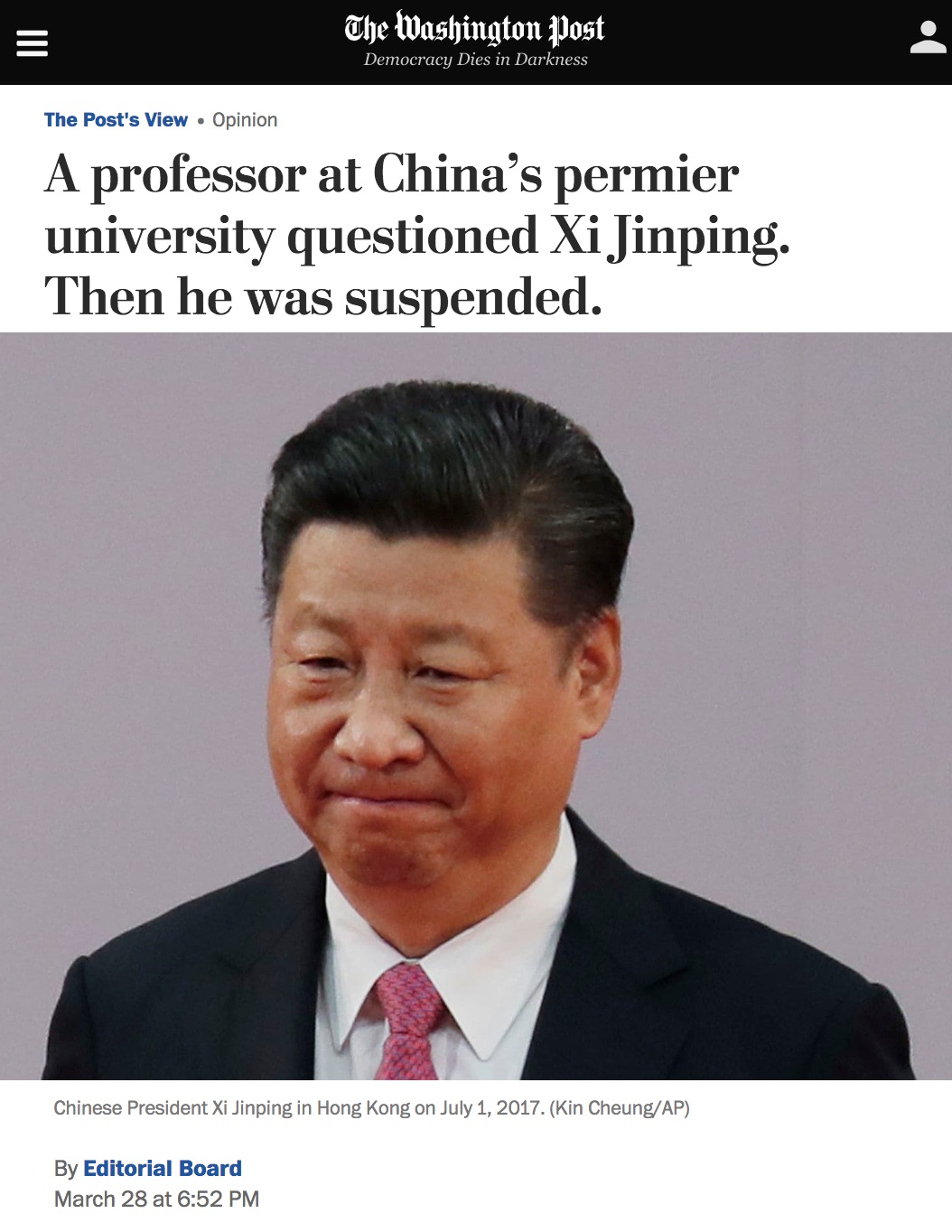The term "virtue signaling" as virtue signaling
Jillian Jordan and David Rand, "Are You ‘Virtue Signaling’? Probably. But that doesn’t mean your outrage is inauthentic", NYT 3/30/2019:
Expressions of moral outrage are playing a prominent role in contemporary debates about issues like sexual assault, immigration and police brutality. In response, there have been criticisms of expressions of outrage as mere “virtue signaling” — feigned righteousness intended to make the speaker appear superior by condemning others.
Clearly, feigned righteousness exists. We can all think of cases where people simulated or exaggerated feelings of outrage because they had a strategic reason to do so. Politicians on the campaign trail, for example, are frequent offenders.
So it may seem reasonable to ask, whenever someone is expressing indignation, “Is she genuinely outraged or just virtue signaling?” But in many cases this question is misguided, for the answer is often “both.”
Read the rest of this entry »

